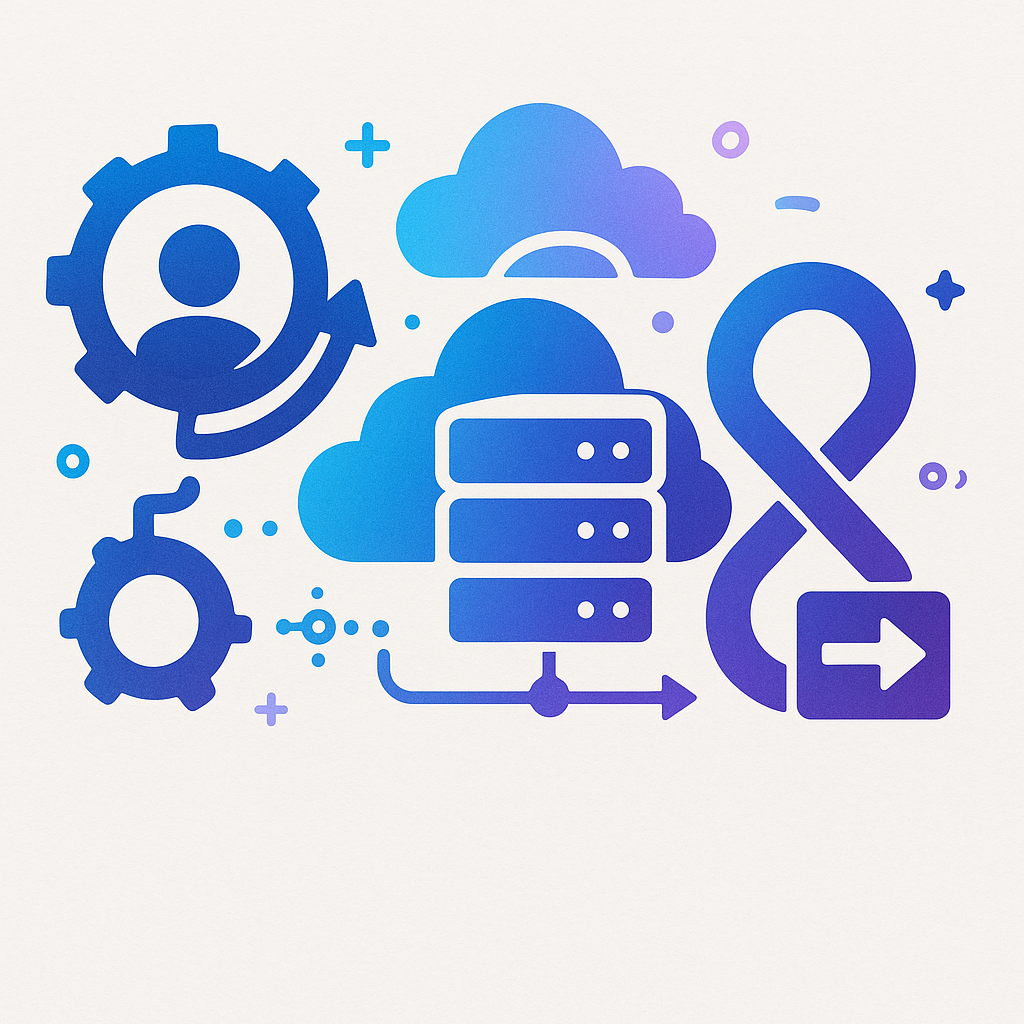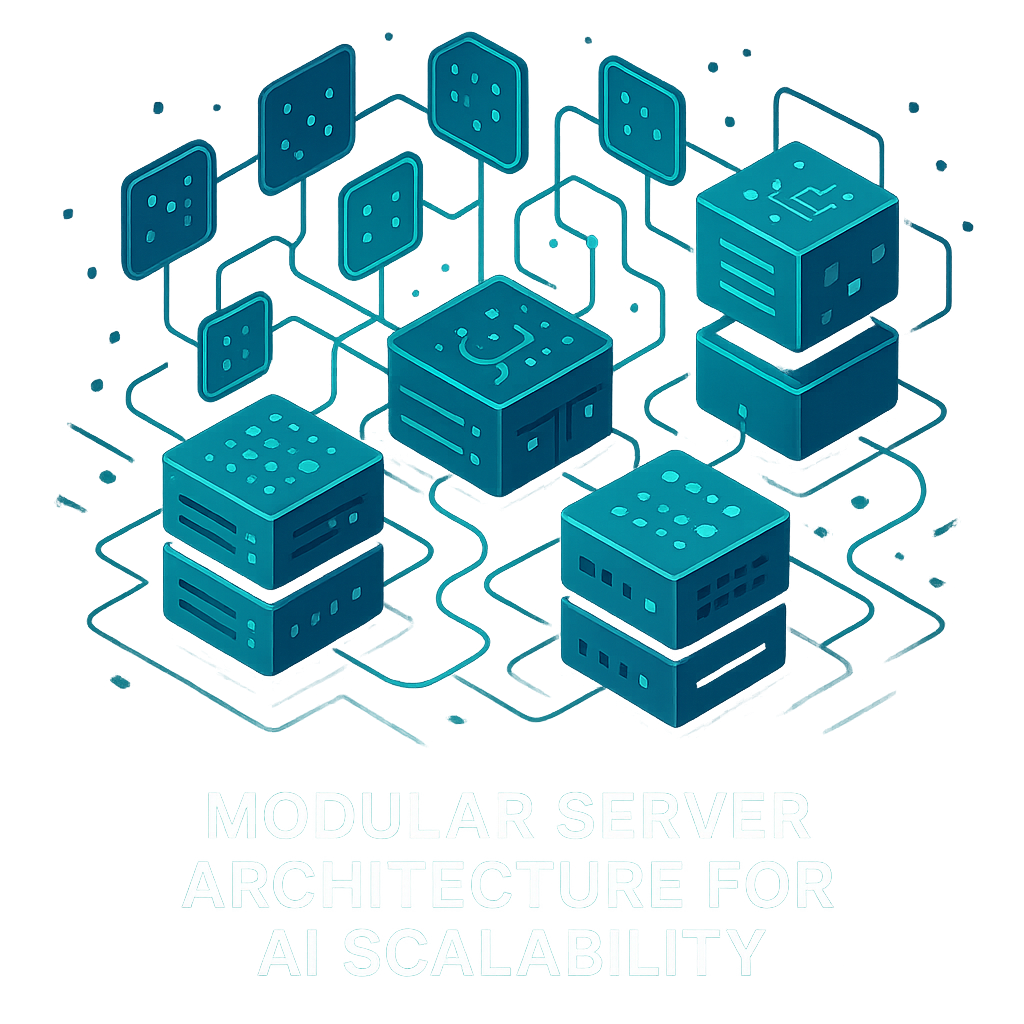What Is a DevOps Consultant? Role, Benefits, and When to Hire One

What Is a DevOps Consultant? Role, Benefits, and When to Hire One
DevOps consultants are quickly becoming key partners for businesses that want to speed up software delivery, lower deployment risks, and create IT operations that are agile and scalable. As companies of all sizes race to modernize, knowing what a DevOps consultant does, the value they bring, and when to hire one can be the difference between success and failure in your digital transformation.
In this guide, we'll explain what a DevOps consultant is, break down their main jobs, talk about the business benefits of DevOps consulting, and give you practical advice on picking the right partner. We’ll cover everything from custom solutions and cloud services to full-scale transformation consulting.
What Does a DevOps Consultant Do?
A DevOps consultant bridges the gap between software development and IT operations. Their role involves assessing your current infrastructure, identifying bottlenecks in delivery pipelines, and recommending tools and practices that streamline workflows.
They typically:
- Set up CI/CD (Continuous Integration/Continuous Deployment) pipelines
- Automate repetitive tasks to reduce human error
- Ensure cloud infrastructure is scalable and cost-efficient
- Introduce monitoring and security practices (DevSecOps)
- Train internal teams on DevOps best practices
In short, they act as both strategists and hands-on implementers to accelerate software delivery without compromising reliability.
Business Benefits of Hiring a DevOps Consultant
Bringing in a DevOps consultant can have a measurable impact on both technical and business outcomes. Some key benefits include:
- Faster Release Cycles: Get new features and updates into production quickly.
- Reduced Downtime: Improved monitoring and automation reduce risks of outages.
- Cost Optimization: Cloud resources are used efficiently, lowering operational costs.
- Stronger Security: DevSecOps ensures compliance and proactive threat prevention.
- Scalability: Build IT systems that grow seamlessly with your business needs.
- Cultural Shift: Encourage collaboration between dev and ops teams, breaking silos.
These advantages often translate into improved customer satisfaction, competitive advantage, and long-term cost savings.
What Is a DevOps Consultant?
A DevOps consultant is a technical and strategic expert who connects the dots between software development and IT operations. Their goal is to ensure smooth collaboration, automation, and continuous delivery across the entire software lifecycle. Unlike a typical DevOps engineer who is deep in the technical weeds, a consultant looks at the big picture. They check how the organization works, suggest and implement modern DevOps practices, and often lead cultural shifts to get software out faster and more reliably.
Think of them as external advisors or embedded specialists. They analyze your current workflows, design custom automation pipelines, and help you choose the right technology to make sure your IT delivery is perfectly in sync with your business objectives. Their work covers everything from the first look to implementation, ongoing improvements, and team training.

The Expanding Role and Responsibilities of a DevOps Consultant
The best DevOps consulting services are a mix of technical know-how, strategic thinking, and managing change. Their main duties usually include:
- Process Assessment: Looking at current development and operations practices to find slowdowns or problems.
- DevOps Roadmap Design: Making a step-by-step plan for adopting DevOps, with a focus on automation, CI/CD pipelines, and things you can measure.
- Implementation: Automating how infrastructure is set up, managing configurations, testing, and deploying software.
- Toolchain Selection & Integration: Giving advice on and setting up the best DevOps tools, which can be anything from Jenkins and GitLab to Kubernetes and Terraform.
- Continuous Monitoring & Feedback: Creating strong systems for monitoring, alerts, and getting useful data from all environments.
- Security & Compliance: Building security (DevSecOps) right into the development pipeline and making sure everything meets regulations.
- Change Management & Training: Helping teams learn new skills, encouraging different departments to work together, and building a DevOps culture.
- Ongoing Optimization: Constantly making pipelines better, checking performance numbers, and changing practices to handle growth and stay strong.
DevOps consultants also jump in to solve problems, get some easy wins early on by improving processes, and act as mentors to help in-house and outside teams work together smoothly.
How Does DevOps Consulting Work?
DevOps consulting usually happens in these main stages:
- Initial Assessment: A deep dive into your current software delivery methods, infrastructure, and company culture.
- Strategic Plan: Setting clear short-term and long-term goals for DevOps that are tied to business results (like getting things done faster, having fewer failures, or saving money).
- Tool and Process Selection: Choosing the right mix of DevOps tools for things like infrastructure as code, CI/CD, containerization, and monitoring.
- Implementation and Automation: Building, automating, and testing the delivery pipelines, including security and compliance checks.
- Training and Change Enablement: Teaching your teams and getting them into a mindset of always improving.
- Monitoring and Continuous Improvement: Gathering data in real-time, finding useful insights, and making the system better over time.
Why Hire a DevOps Consultancy?
Hiring a DevOps consultancy gives you a few key advantages:
- Faster Time to Value: You can adopt best practices more quickly, steer clear of common mistakes, and see the benefits sooner.
- Expert Guidance: You get access to senior DevOps experts who really know their stuff when it comes to the cloud, automation, and scaling up.
- Objective Assessment: An unbiased look at your old bottlenecks and what you need to do to be ready for the future.
- Talent and Resource Flexibility: You can use special skills when you need them and adjust resources as your projects change.
- Reduced Risk: It lowers the chances of failed deployments, service outages, and security holes.
- End-to-End DevOps Solutions: A single partner for your strategy, technology, and ongoing management.
When you work with a respected DevOps agency like The Ninja Studio, you get solutions made just for you that fit your market, whether you’re a startup, a small to medium-sized business, or a large corporation looking for managed DevOps solutions in the USA, Europe, Canada, or Asia.
FAQ
1. What is a DevOps consultant?
A DevOps consultant is a specialist who helps bridge the gap between software development and IT operations. They work to streamline processes, introduce automation, and guide companies in adopting DevOps practices to deliver software faster and more reliably.
2. How does DevOps consulting work?
It starts with an assessment of your current workflows. From there, a consultant designs a DevOps strategy, implements automation tools and CI/CD pipelines, trains your teams, and provides ongoing support to help you meet your business goals.
3. Why should I hire a DevOps consultancy?
Hiring a consultancy gives you access to experienced experts who can help you modernize faster, choose the right technology, reduce risks, and see measurable improvements in your deployment speed and system reliability.
4. What services do DevOps consultants offer?
They offer a range of services, including assessment, strategy development, implementation, pipeline automation, managed services, cloud migration, security integration, team training, and continuous monitoring.
5. How do I choose a good DevOps company?
Look for a company with strong technical skills, experience in your industry, positive client reviews, and a willingness to create custom solutions. It's also important that they fit your company culture and can support your goals.
6. What is the role of cloud DevOps consultants?
Cloud DevOps consultants focus on automating and optimizing software deployment in cloud environments like AWS, Azure, or GCP. They ensure your systems are scalable, secure, highly available, and cost-effective.
7. How much do DevOps consulting services cost?
Costs can vary a lot depending on the project's scope, complexity, and how long the engagement is. It can range from an hourly rate for smaller tasks to a larger investment for a complete transformation.
8. Can DevOps consulting really improve deployment speed?
Yes, absolutely. By automating processes and setting up CI/CD pipelines, DevOps consulting can significantly increase how often you deploy and reduce the risks involved with releases.
9. What are the benefits of DevOps as a service?
The main benefits include access to specialized skills without having to hire full-time, faster delivery cycles, less overhead for managing infrastructure, continuous optimization, and a better return on your IT investments.
10. Which DevOps tools are most recommended by consultants?
Consultants often recommend popular tools like Jenkins, GitLab, Docker, Kubernetes, Terraform, and Ansible, along with monitoring solutions like Prometheus and Grafana. The right tools are always chosen to fit the specific needs of your project.

%201.png)


.svg)




.svg)
